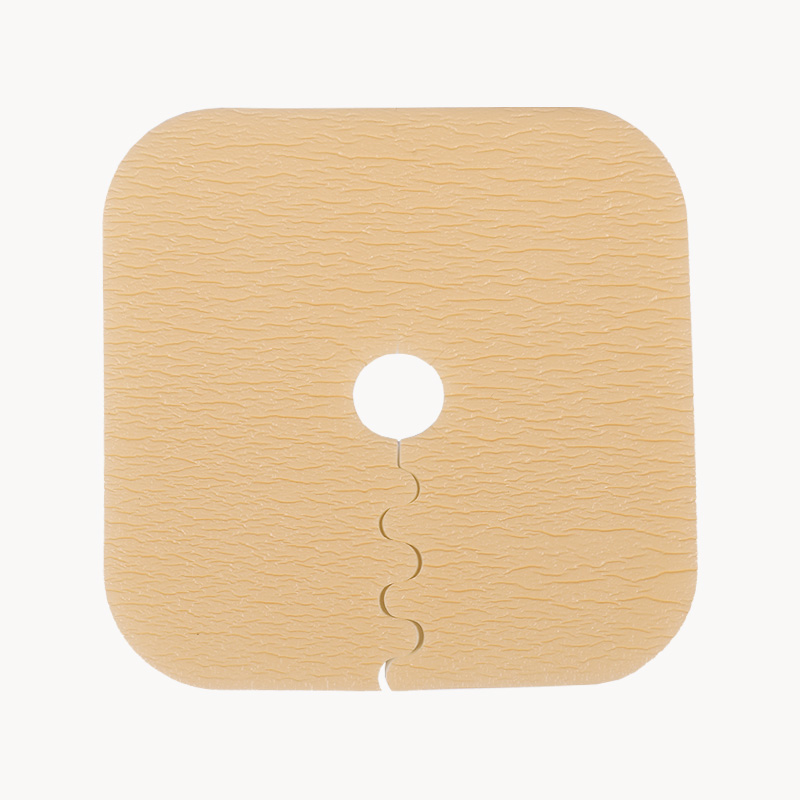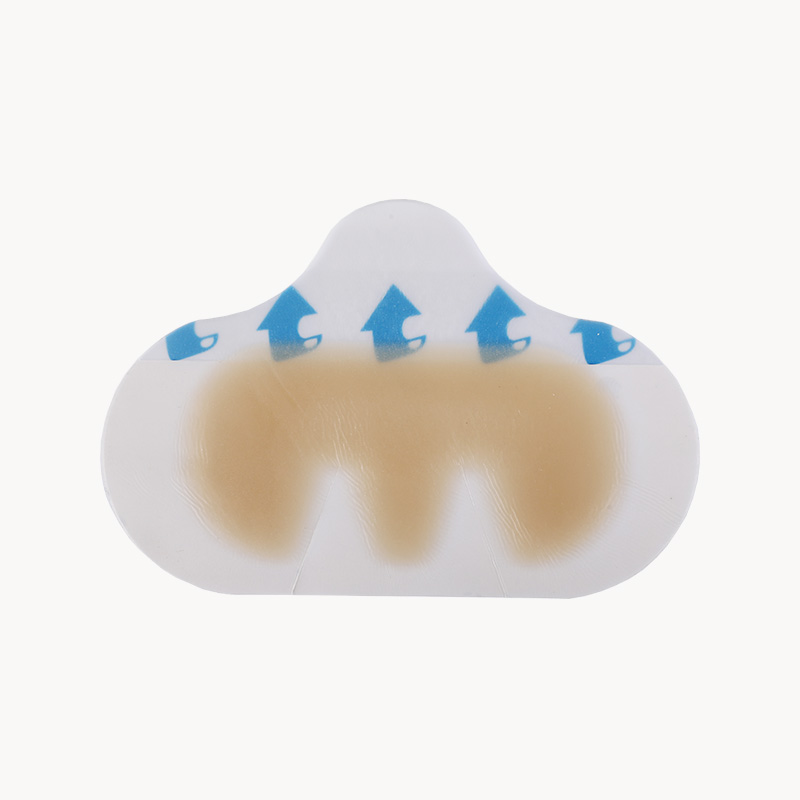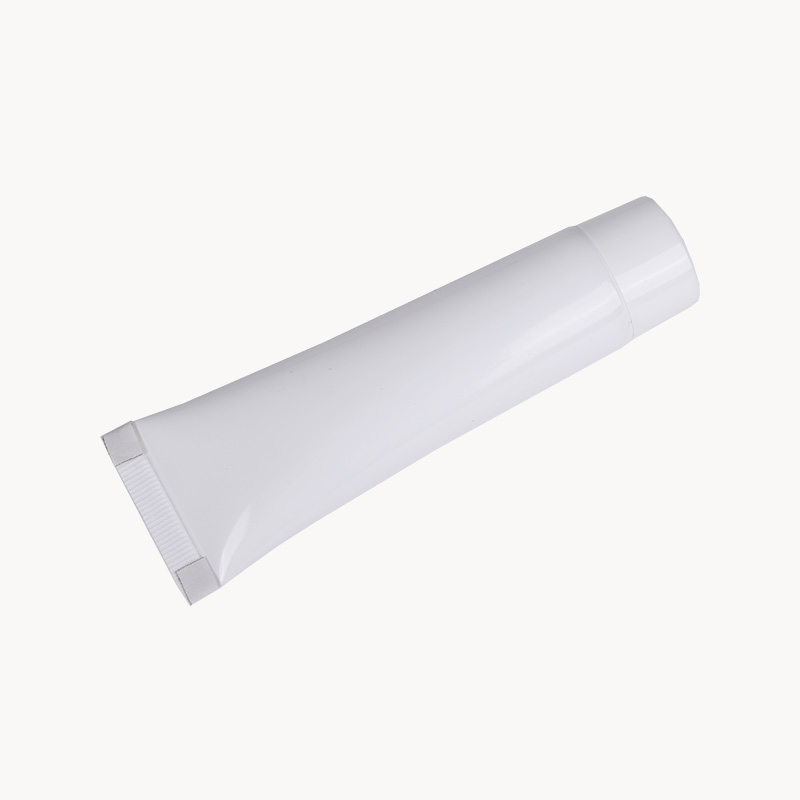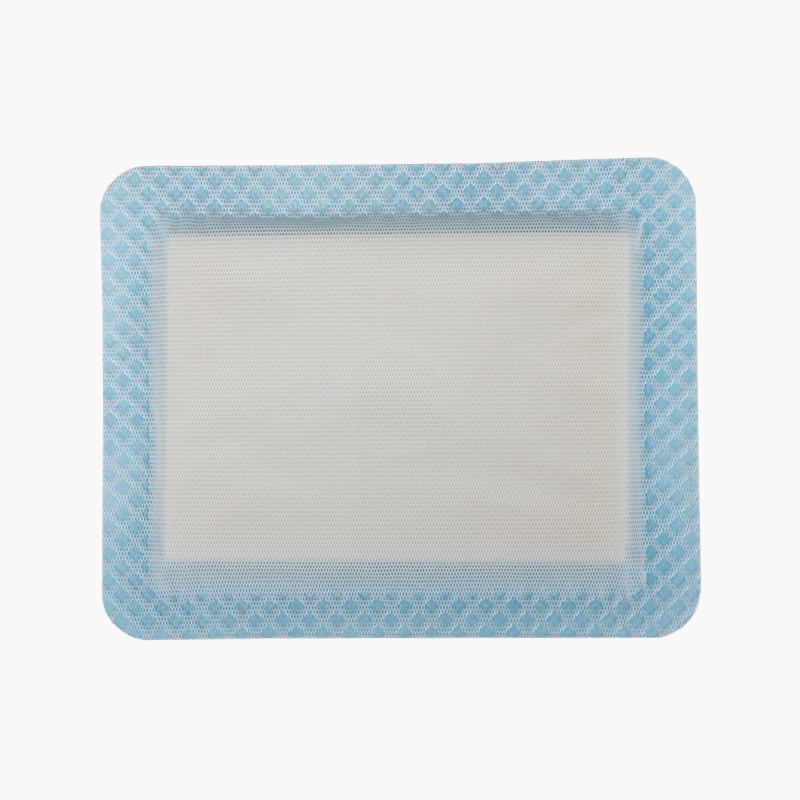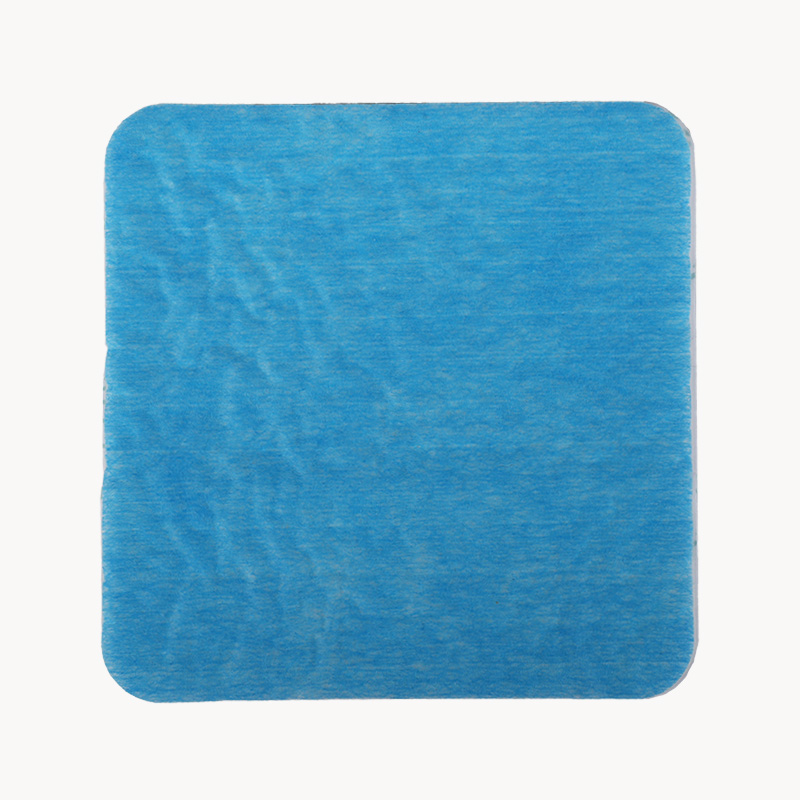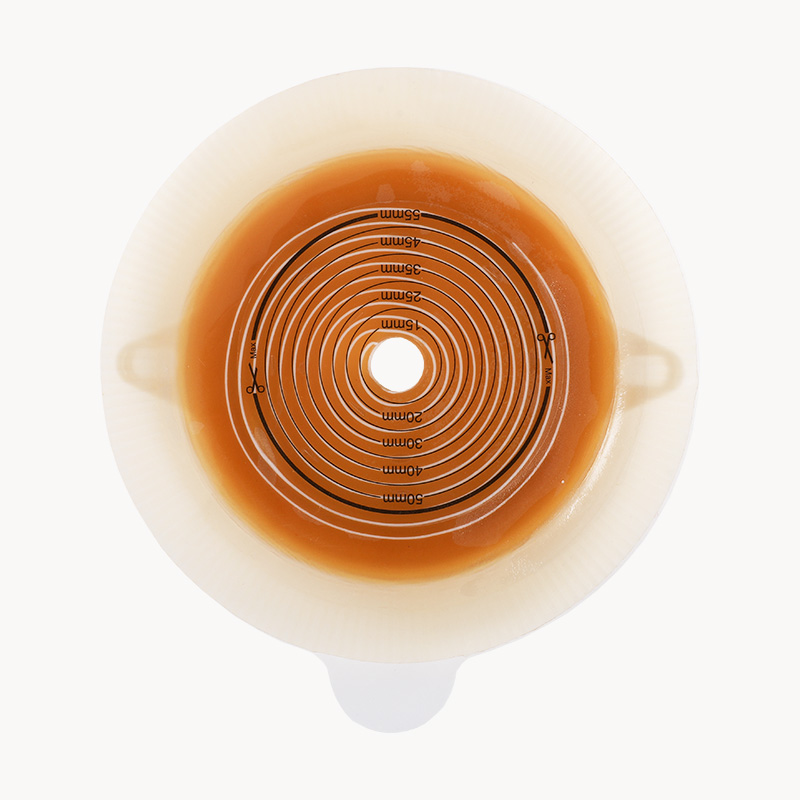On April 9, 2025, Worcester Polytechnic Institute (WPI) announced that Jiawei Yang, assistant professor in the Department of Mechanical and Materials Engineering, has been awarded a National Science Foundation (NSF) CAREER Award of $644,659 for his innovative research in the field of medical bioadhesives.
Professor Yang's research focuses on developing a new type of medical bioadhesive, which aims to solve the problem of connecting medical devices to human tissue, which has long plagued the medical community. At present, medical devices are mostly made of hard materials such as metal or plastic, while human tissue is soft and moist. The material difference between the two is huge, and traditional adhesives are difficult to meet the needs of long-term stable connection. Professor Yang's innovative adhesive perfectly combines hydrogels and colloidal polymers. Its soft and moist properties are highly compatible with human tissue, which is expected to completely change this situation and bring patients a better medical experience and significantly improved quality of life.
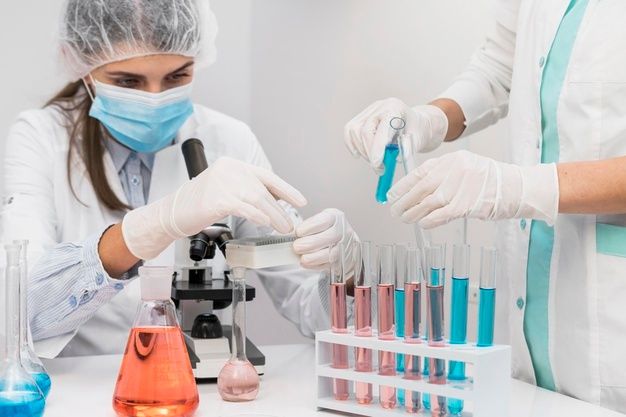
The research project plans to develop a double-layer bioadhesive consisting of a transparent solid hydrogel layer and a transparent liquid adhesive layer. More impressively, Professor Yang will also create a modular hydrogel system that can be customized according to the mechanical properties of different target tissues and incorporate polymers that can deeply integrate with human tissues. These innovative designs will jointly achieve rapid, strong, stable, and deep adhesion in the body, opening up a new path for medical device implantation.
In the next five-year project cycle, Professor Yang will work with Dr. Steffen Pabel of Massachusetts General Hospital to jointly develop a drug-loaded hydrogel heart patch specifically for the treatment of atrial fibrillation, a common arrhythmia. In addition, Professor Yang will also be committed to hydrogel education and research projects for children and college students to cultivate a new generation of scientific research talents. Doctoral student Sun Jiatai will also be deeply involved in it, injecting new vitality into the project.
Professor Yang is full of confidence in the wide application prospects of the new bioadhesive. He pointed out that the adhesive can not only cooperate with implanted electrodes to accurately treat Parkinson's disease and control heart failure, but also be combined with therapeutic agents to repair damaged cartilage and promote the growth of healthy new tissue. However, he is also clearly aware that hydrogel bioadhesive materials are currently mostly used for temporary repairs in emergency medicine, and it is difficult to meet the needs of long-term implantation in the body, because they can neither provide strong and stable adhesion nor match the mechanical properties of the target tissue in the body. The mechanical properties of human tissues vary greatly. Brain tissue is soft and thin, while cartilage tissue needs to be hard and load-bearing. There is no "universal solution" for bioadhesives.
The NSF CAREER Scholarship is designed for early career researchers in universities to support professional research and lay the foundation for future research. Professor Yang joined Worcester Polytechnic Institute in 2024. He has previously obtained a Ph.D. from Harvard University and has accumulated rich research experience at Boston Children's Hospital and the Massachusetts Institute of Technology. This award is not only a high recognition of Professor Yang's personal scientific research ability, but also a key step for Worcester Polytechnic Institute to move towards excellence in the field of biomedical engineering. His research results are expected to bring major changes to the global medical industry and open a new chapter in the perfect integration of medical device implants and human tissues.
Source: Worcester Polytechnic Institute

 English
English عربى
عربى Español
Español русский
русский 中文简体
中文简体






